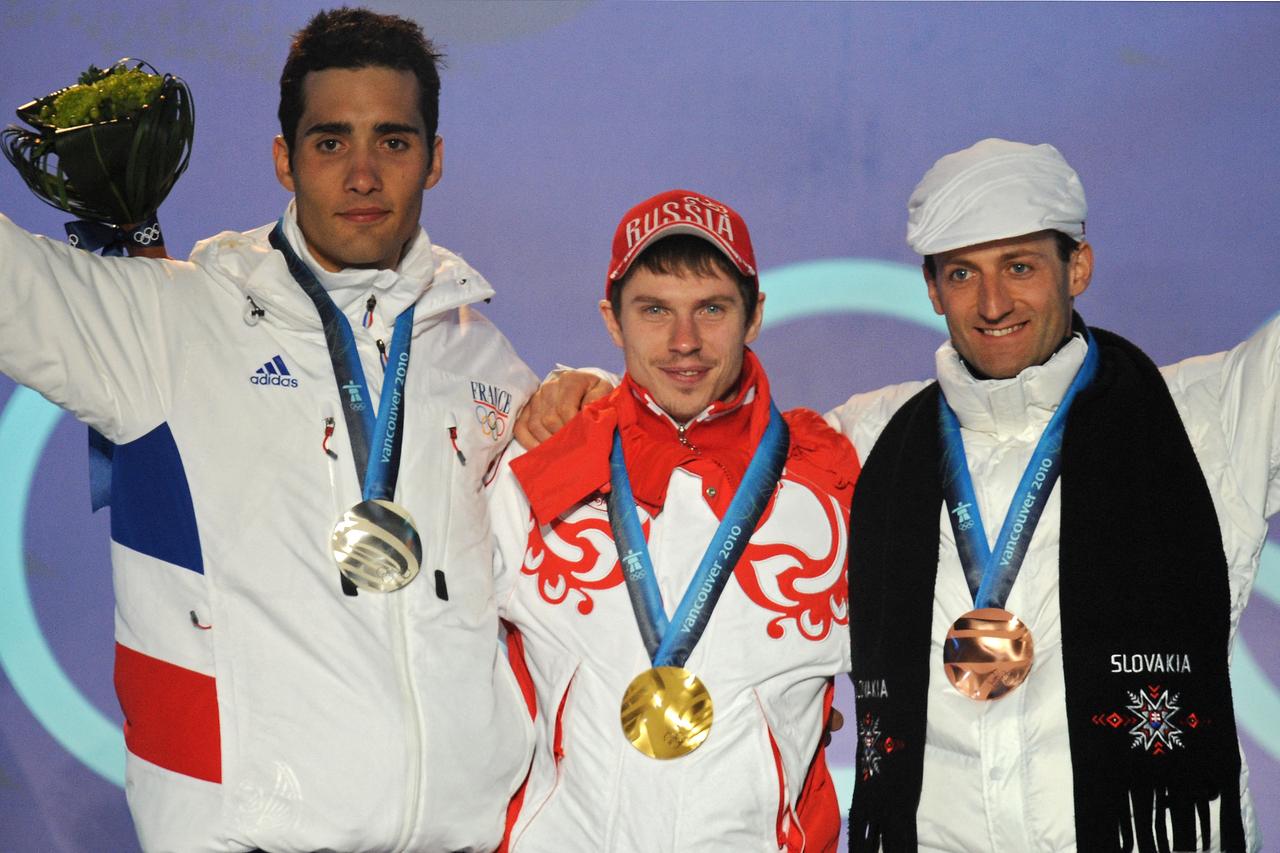
The International Olympic Committee announced Friday that Russian athletes will compete under a neutral banner at the 2026 Winter Olympics in Milan-Cortina, extending the same restrictions implemented during the Paris Games.
IOC President Kirsty Coventry confirmed the decision follows the identical framework used for the 2024 Summer Olympics, where Russian competitors participated only in individual events under a neutral flag while facing stringent eligibility requirements.
"The Executive Board will take the exact same approach that was done in Paris," Coventry said during Friday's meeting in Milan.
The policy requires Russian athletes to undergo comprehensive vetting to demonstrate they have not actively supported the war in Ukraine or maintained connections with military forces. They remain barred from the opening ceremony of the February 6-22 Games, and their performances will not count toward Russia's medal tally.
These sanctions, first imposed following Russia's 2022 invasion of Ukraine, also continue to apply to Belarusian athletes due to that nation's support for Moscow.
Russia's Sports Minister Mikhail Degtyarev described the decision as "expected" in a Telegram post, praising what he called the IOC president's "measured approach" and noting that "military conflicts cannot serve as a pretext for division in sport as there are many in the world and different countries are implicated."
The neutral athlete system produced limited participation at the Paris Olympics, where only 15 Russians and 17 Belarusians competed, collectively earning five medals. The IOC viewed this as a successful compromise that maintained Olympic universality while avoiding potential boycotts from Ukraine and allied nations.
Coventry, who helped develop the Paris solution before becoming IOC president, has consistently advocated for inclusive participation. "I believe that it's best for our movement to ensure that we have all athletes represented," she said during her March election.
Russia's Olympic participation has been severely restricted since 2016, initially due to a state-orchestrated doping scandal that rocked international sports. The sporting powerhouse competed under the Olympic flag in 2018, then under the Russian Olympic Committee banner at the Tokyo Olympics in 2021 and Beijing Winter Games in 2022.
The invasion of Ukraine, which began days after the 2022 Olympics concluded, triggered additional IOC sanctions. Russia and Belarus have since been banned from hosting international competitions, while their flags, anthems and officials remain prohibited from world sport.
Athletes from both nations were initially excluded "for their own protection," according to the IOC, before being gradually reinstated from March 2023 onward.
The actual size of Russia's neutral delegation will depend on decisions by individual international sports federations, which control qualification processes and maintain different policies toward Russian and Belarusian participation.
Several major winter sports bodies continue total bans on Russian athletes. The International Ski Federation, whose disciplines account for more than half of Winter Olympic medal events, maintains complete exclusion, as do the International Biathlon Union and International Luge Federation.
The International Luge Federation cited an anonymous athlete survey revealing "concerns about safety, Olympic quotas, compliance with anti-doping regulations and fairness" regarding potential Russian participation.
The International Skating Union has opened a narrow qualification path, permitting one competitor from each nation per category while excluding participation in relay or team events.